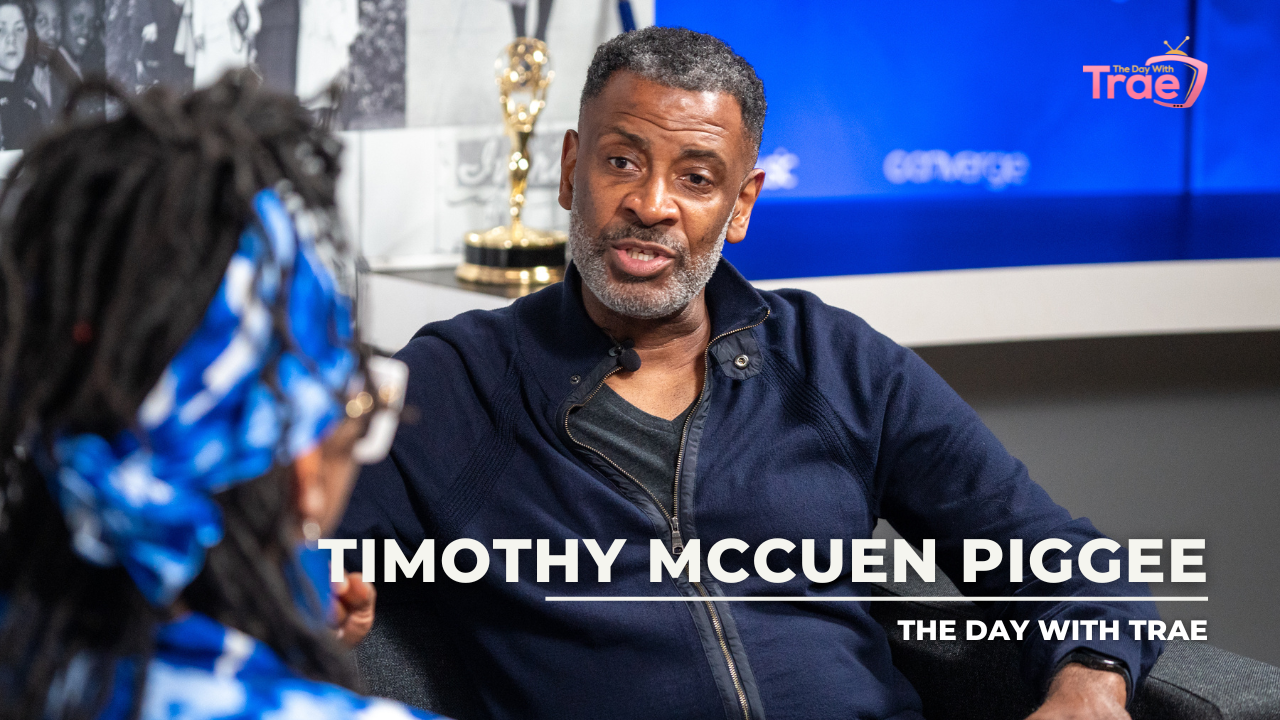Chris Hopper on "Reparations Play" and Preserving African American History
#TheDayWithTrae - Trae Holiday spoke with Chris Hopper, a local playwright, director, and community activist whose work centers on the African American experience. Chris, the winner of the VEA Artist of the Year Award 2024, has been actively involved in the performing arts theater since 1979. He shared his journey into theater, starting at a young age when his family performed in a show in 1979. This experience sparked his passion for storytelling and the collaborative process of theater.
Chris discussed the inspiration behind his play, Reparations Play, which originated from a collection of soulful poems he wrote while living in Atlanta, Georgia. He sought to incorporate the rich history of African Americans into a stage play, particularly by exploring the controversial figure of Thomas Jefferson and his conflicted relationship with slavery. The play takes the audience on a journey through the transatlantic slave trade, building a case for reparations through the eyes of the enslaved.
A core theme of Reparations Play is the importance of teaching and preserving African American history, especially in times when it's being "redacted or hidden." Chris, who also co-teaches history at Rainier High School, emphasizes telling the full story of American history and showcasing the resilience and contributions of African Americans. The play is presented in three acts, incorporating dance and music to create an entertaining and educational experience.
Chris expressed his delight at having most of the original cast return for this production, highlighting their dedication and belief in the show's message. He specifically mentioned the consistent performances of Tom Stewart as Jefferson and Maurice Farmer as Jamu, as well as the contributions of choreographer Naji Caberno and costume designer Akiia Ron. Reparations Play is free to the public and will be performed on August 16th and 17th at the Rainier Arts Center. Chris encourages everyone to attend, emphasizing that it's a powerful story for all ages and backgrounds to understand the continued resilience and legacy of the African American community.






